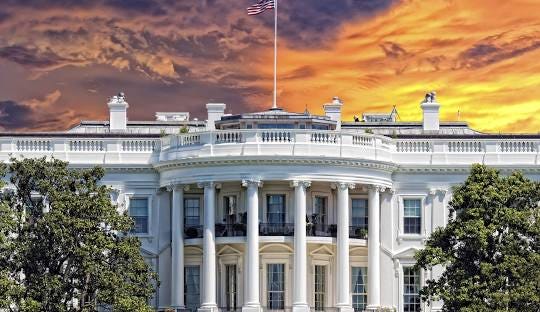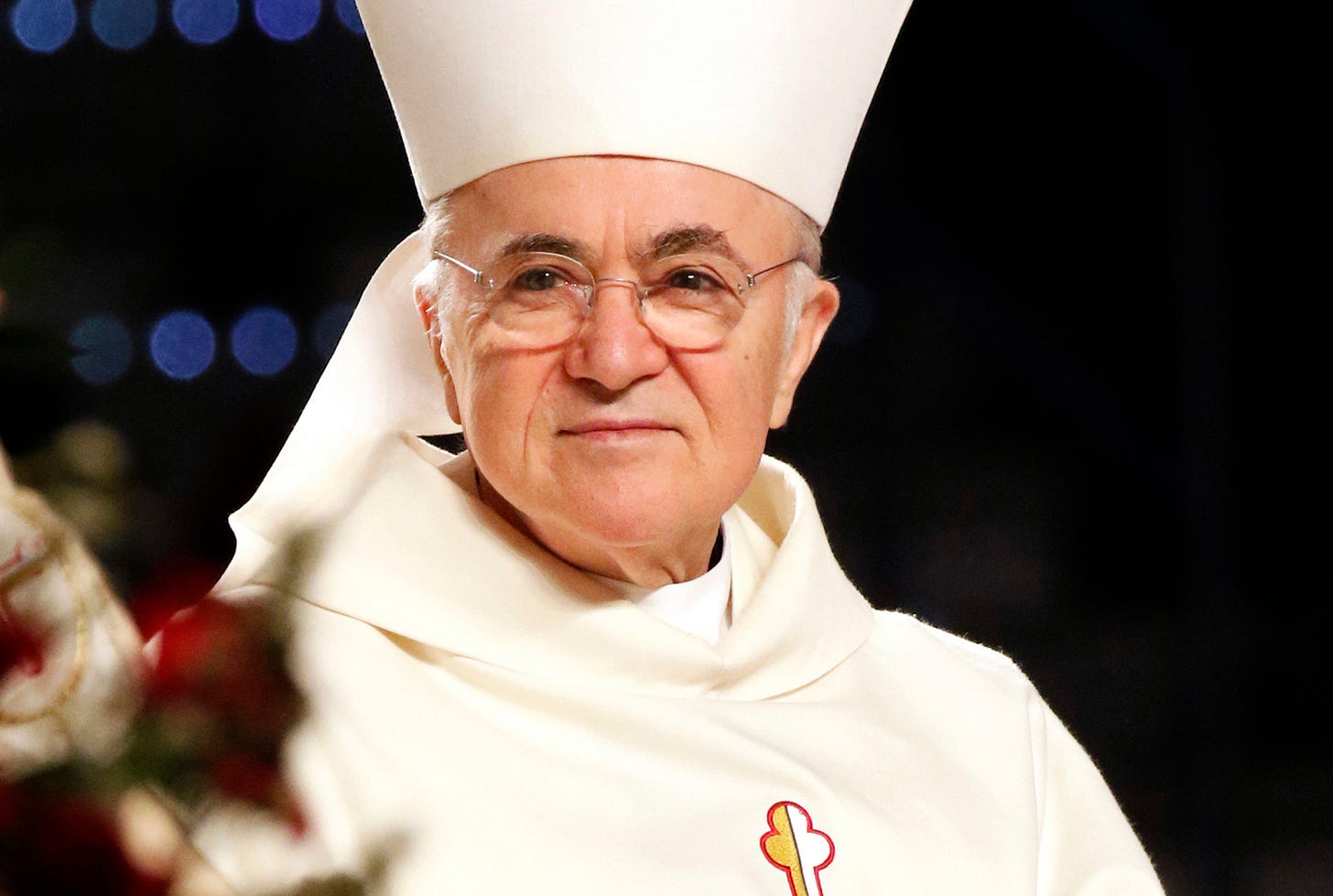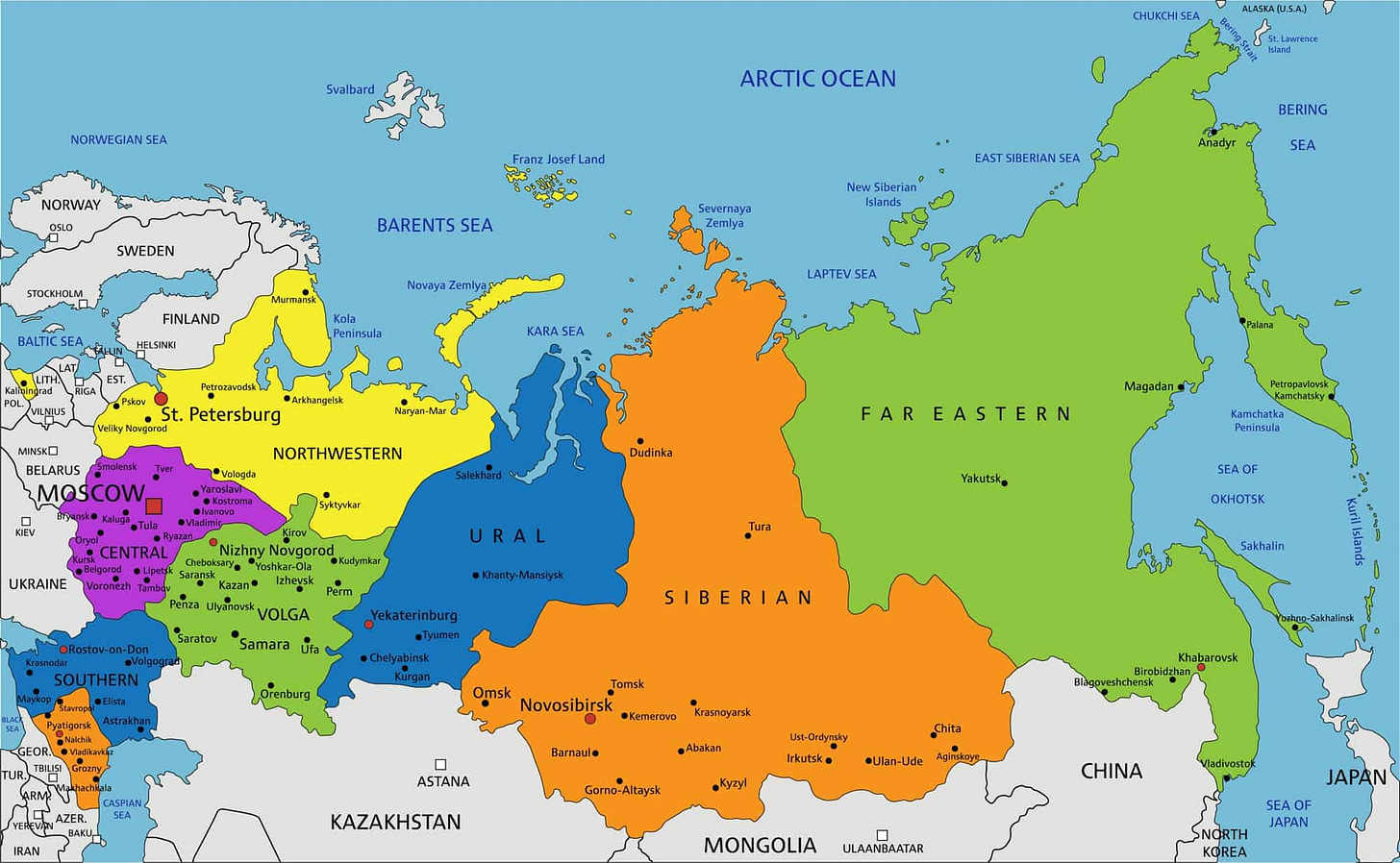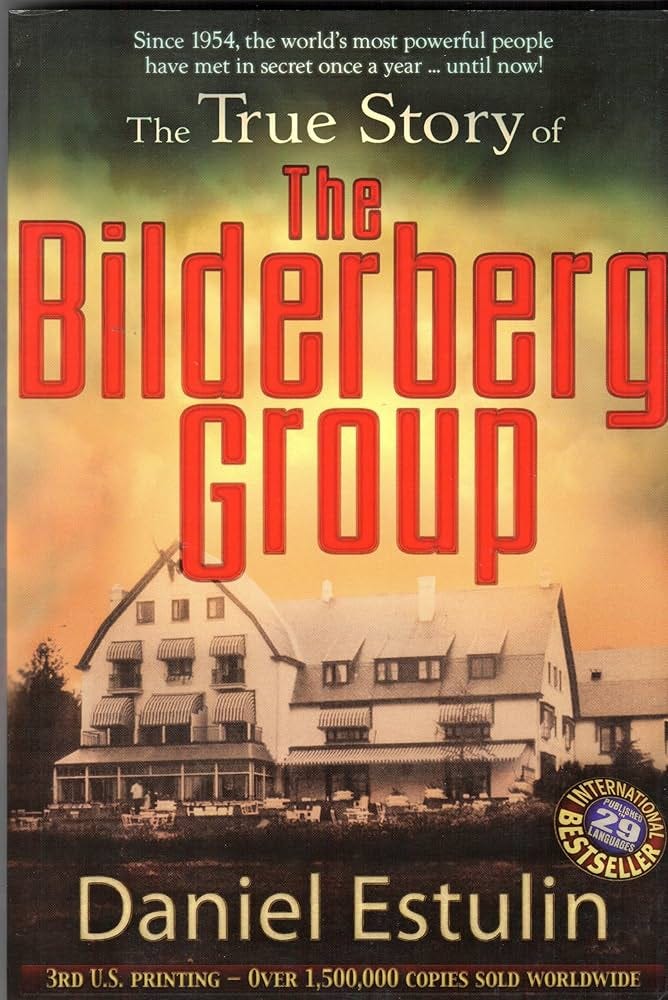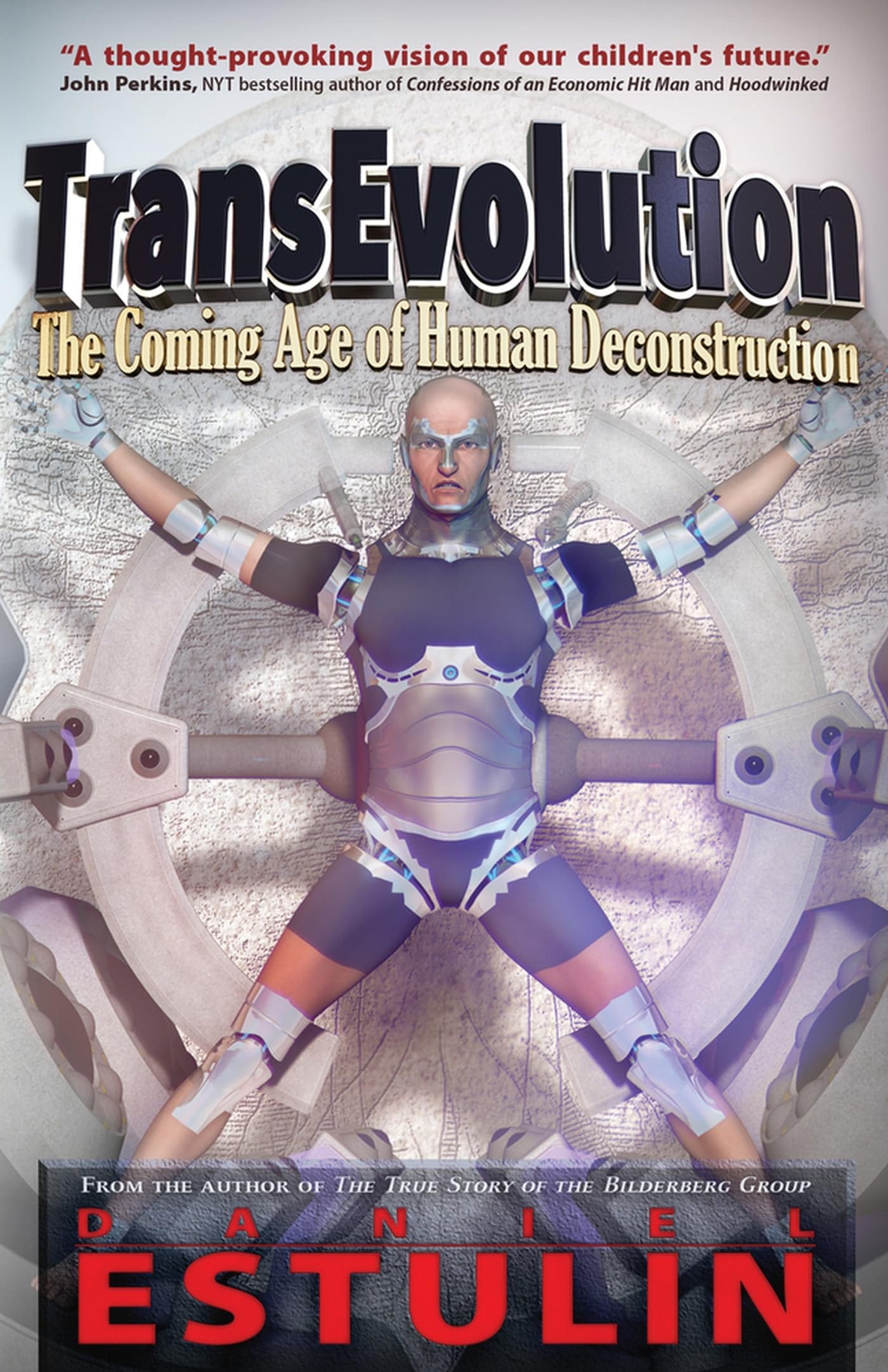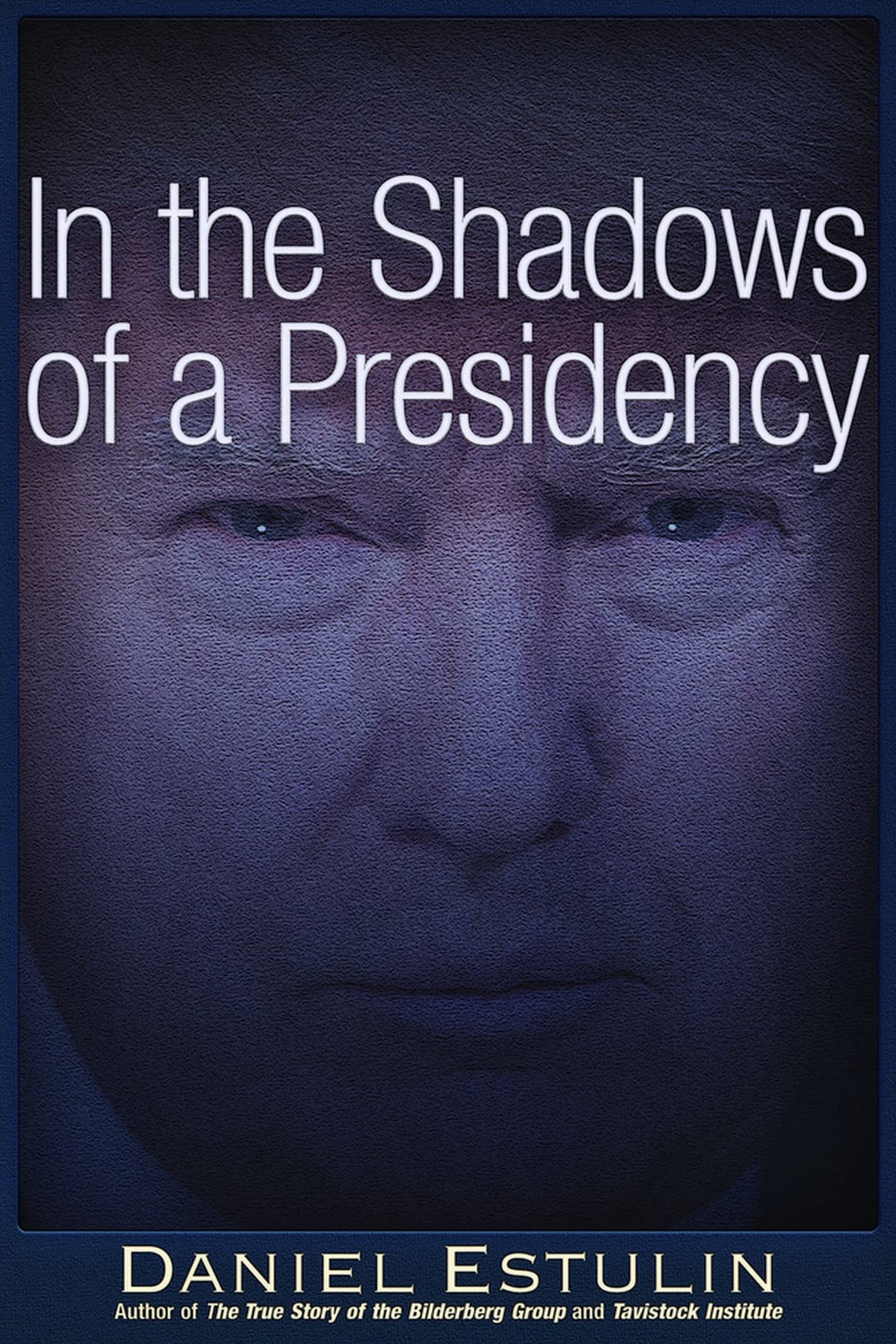Interview Between Daniel Estulin and Antonio Valdez
The conversation between Daniel Estulin and Antonio Valdez covers a wide array of topics, from personal anecdotes and political interactions to deep dives into geopolitical dynamics and global power structures. Estulin offers a blend of insider accounts, personal experiences, and conceptual frameworks that analyze the current state of international relations. Below is a detailed account of the key points discussed, presented in the order and manner that they were discussed in the interview.
Personal Anecdotes and the Trump Connection
The conversation begins with Estulin sharing a personal story about his connections to Donald Trump. He mentions that he has a friend who is a Chicano-American and who had a close relationship with one of Trump's political associates responsible for Latin American policy. This individual, upon reading Estulin’s book, was so impressed that he reached out to Estulin and invited him to the White House for a meeting with Donald Trump. The purpose of this meeting was to discuss Estulin’s book and potentially foster a connection for future political engagement.
Estulin recalls that the meeting was initially scheduled for 15 minutes, but it was abruptly canceled as the conversation shifted to a more sensitive topic. The issue at hand involved accusations surrounding Russian hackers and their involvement in interfering with U.S. elections. This topic, as Estulin points out, caused the meeting to be canceled, as it became a major point of contention. Despite this setback, Estulin expresses confidence that they will eventually be able to secure a meeting with Trump, emphasizing the persistence of his team in trying to reconnect with the former president.
In the midst of this, Estulin also highlights another important potential interview he and his team are working on—an exclusive conversation with Archbishop Viganò. Estulin’s enthusiasm is evident as he states that they hope to finalize the details of this high-profile interview in the coming weeks. He indicates that this would be a significant conversation, promising to offer more insight into the complex global power structures at play.
The Importance of High-Profile Interviews
As the discussion turns to the world of high-level political interviews, Estulin elaborates on the importance of having a globally recognized name to secure such opportunities. He shares his belief that interviews of this caliber are only accessible to individuals with substantial international visibility. He emphasizes, "si tú tienes nombre conocido a nivel mundial porque si no para qué tipo va a entrevistarte contigo" (if you don’t have a known name globally, why would they interview you?). This sentiment underscores Estulin’s understanding of how global influence operates, where access to top-tier interviews is a reflection of one’s international prominence.
Estulin also stresses that all of his interviews, whether conducted in English or Spanish, are meticulously translated and subtitled. This ensures that the broader global audience can access and understand the content of these discussions. By offering both versions of each interview, Estulin’s platform ensures a wider reach and emphasizes the importance of making his work accessible to different cultural and linguistic groups.
Geopolitical Themes and Metapolitics
The interview delves deeply into Estulin's conceptual framework of metapolitics and his critique of traditional geopolitics. Estulin makes a distinction between these two ideas, explaining that geopolitics operates on a dualistic worldview—good versus bad, Trump versus anti-Trump, black versus white. He contrasts this with metapolitics, which incorporates higher-level ideological and conceptual frameworks to view the world. According to Estulin, metapolitics transcends traditional geopolitical divisions and addresses the underlying ideologies that shape political and cultural power.
He articulates that the current nuclear deterrence and global power dynamics are a manifestation of a "society of the industrial era" that is, in his view, rapidly declining. In this “moribund” society, politics and military power are still primarily defined by violence and force. However, Estulin asserts that we are entering a new era: a society of information. In this evolving world, global political power will be increasingly shaped by information, rather than by military might. This shift is what Estulin believes will define future geopolitical strategies. He reflects that the nuclear situation, while alarming, is emblematic of an old, dying way of thinking about international relations, one that cannot keep pace with the rapid evolution of technological and informational power.
Estulin criticizes Vladimir Putin’s leadership, claiming that Russia is not prepared for this new "information society." While Putin has maintained control over Russia for more than two decades, Estulin argues that Russia’s leadership lacks a clear, ideological vision for the future. In Estulin’s view, Russia’s political system is stuck in a retrograde conservative model, rather than advancing a global vision for the future. Estulin quotes a key point from his book, Metapolitica, stating, "Rusia como ya ha dicho antes Antonio es el país de la primera persona" (As Antonio has said before, Russia is the country of the first person). This metaphor is used to explain the centralized, top-down structure of Russia’s political system, where all decisions are made by the “first person” or the leader, in this case, Putin.
Estulin highlights that Russia, under Putin, seems to lack a "global project." Instead of working toward a clear, innovative future, the country is fixated on a nostalgic, conservative agenda. He points out that many of Russia’s current policies appear to be reactive rather than proactive. For instance, Russia’s stance on Western issues is often driven by a need to preserve traditional values rather than to offer a new vision for the world.
Ideological Influence and Cultural Sovereignty
Estulin goes on to critique Russia’s absorption of Western cultural and political ideologies, pointing out the increasing prevalence of English language and Western ideas in Russian society. He mentions that the Russian language itself has become “plagued with anglicisms,” a symbol of how deeply Western influence has penetrated Russian culture. He also criticizes the Russian media and cinema for adopting Western modes of thought, noting that these imported ideas are reshaping the Russian public’s understanding of emotions, identity, and societal norms.
He uses the example of the prevalence of English in Moscow’s commercial sector, where most stores have their names in English, except for the Mausoleum of Lenin. Estulin argues that this phenomenon symbolizes a lack of true ideological independence within Russia. Despite being a global power, Russia’s public consciousness and language have been increasingly influenced by the West. This, Estulin contends, undermines Russia’s potential to develop an original and independent ideological vision.
Estulin elaborates on the differences between Eastern and Western modes of thought, suggesting that Western thinking tends to be abstract, while Chinese and Russian thought is more concrete and symbolic. He describes Russian thought as “tripartite” and “asymmetric,” and he uses this distinction to argue that Russia has a unique opportunity to assume a leadership role in a new global framework, one that eschews Western ideals in favor of a more nuanced, symbiotic relationship between civilizations.
Strategic Global Leadership: A Call for Proactivity
The discussion then turns to strategic global leadership and Russia’s role in the evolving geopolitical landscape. Estulin critiques the West’s approach to international relations, particularly the idea of dividing the world into good and evil, with Russia positioned as the "bad guy." This dualistic narrative, according to Estulin, limits Russia’s ability to assert its own ideological and political power on the global stage. He argues that Russia must move beyond these simplistic narratives and adopt a more proactive approach to global affairs. If Russia continues to respond to Western provocations, it will remain stuck in a reactive position, unable to move forward.
Drawing from historical examples, Estulin compares this geopolitical situation to a chess game. He suggests that if Russia merely reacts to Western moves, it will inevitably lose. However, if Russia can strategically avoid engagement in the U.S.-China rivalry, it can maintain a neutral stance and benefit from the conflict, just as China did during the Cold War by staying out of the superpower struggle between the United States and the Soviet Union. He compares Russia’s position to that of a wise monkey on a mountain, watching as two tigers—China and the U.S.—fight amongst themselves. In this scenario, Russia stands to gain by staying out of the conflict and letting the two powers weaken each other.
Estulin stresses that Russia must adopt this same strategic approach in the modern context. By staying out of direct confrontation with both the U.S. and China, Russia can position itself to emerge stronger and more influential once the conflict subsides. He insists, "nosotros tenemos que hacer lo mismo" (we have to do the same) in order to benefit from the ongoing geopolitical tensions.
Conclusion: A Higher Conceptual Approach to Global Politics
As the interview draws to a close, Estulin emphasizes the need for individuals to adopt a higher, more conceptual understanding of world events. He stresses that in order to navigate the complex dynamics of global politics, it is crucial to recognize the underlying ideologies and power structures at play. He warns against being swept up in the emotional narratives promoted by mainstream media, which he describes as a form of "histrionics."
Estulin encourages his audience to take a step back from the polarized narratives pushed by Western media and instead embrace a more elevated, conceptual perspective. This approach, according to Estulin, will allow individuals to better understand the true nature of global conflicts and to navigate the shifting power structures that are emerging as the world moves further into the information age.
"For a more comprehensive understanding of these global power dynamics, Daniel Estulin's books provide invaluable insight into the underlying forces shaping world events. His works go beyond the surface, offering readers a nuanced and detailed look at geopolitics, global information warfare, and the battle for ideological supremacy."
"The True Story of the Bilderberg Group": Estulin’s breakthrough book reveals the inner workings of the world’s most secretive and influential group. Delve into how the Bilderberg Group manipulates global economies and politics and its profound influence on world leaders.
Buy it now to uncover the hidden power structures influencing world decisions.
"TransEvolution: The Coming Age of Human Deconstruction": Estulin delves into the impact of emerging technologies on humanity, particularly focusing on transhumanism and genetic engineering.
Get your copy today to understand the bigger picture behind the headlines.
“In the Shadows of a Presidency” To gain a deeper understanding of the hidden dynamics that shape global politics, this Daniel Estulin’s book, is a must-read. This gripping work provides an in-depth look into the influence of powerful elites and the hidden agendas behind major political decisions.
Buy In the Shadows of a Presidency today and uncover the truths that aren’t shown in the mainstream media.





